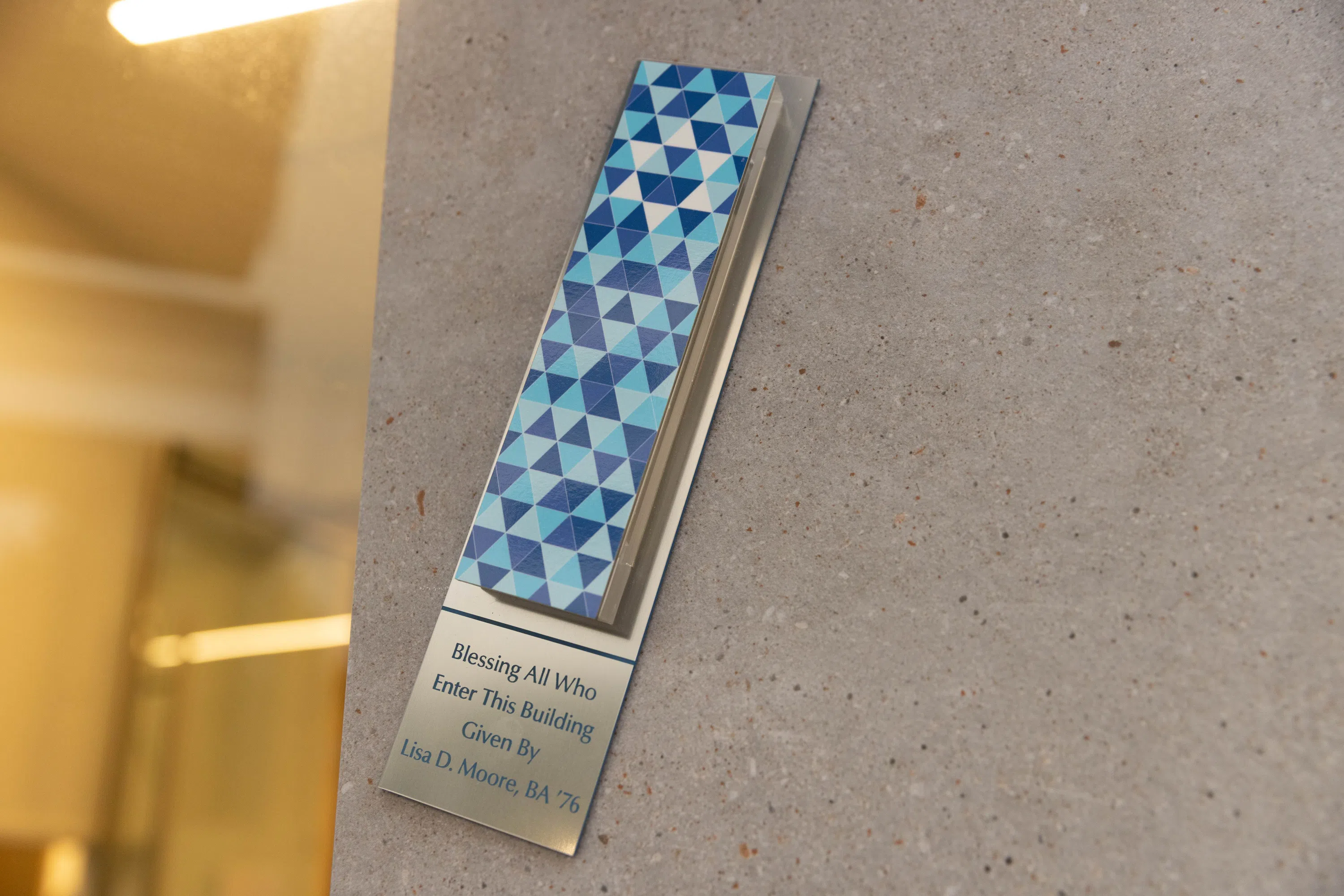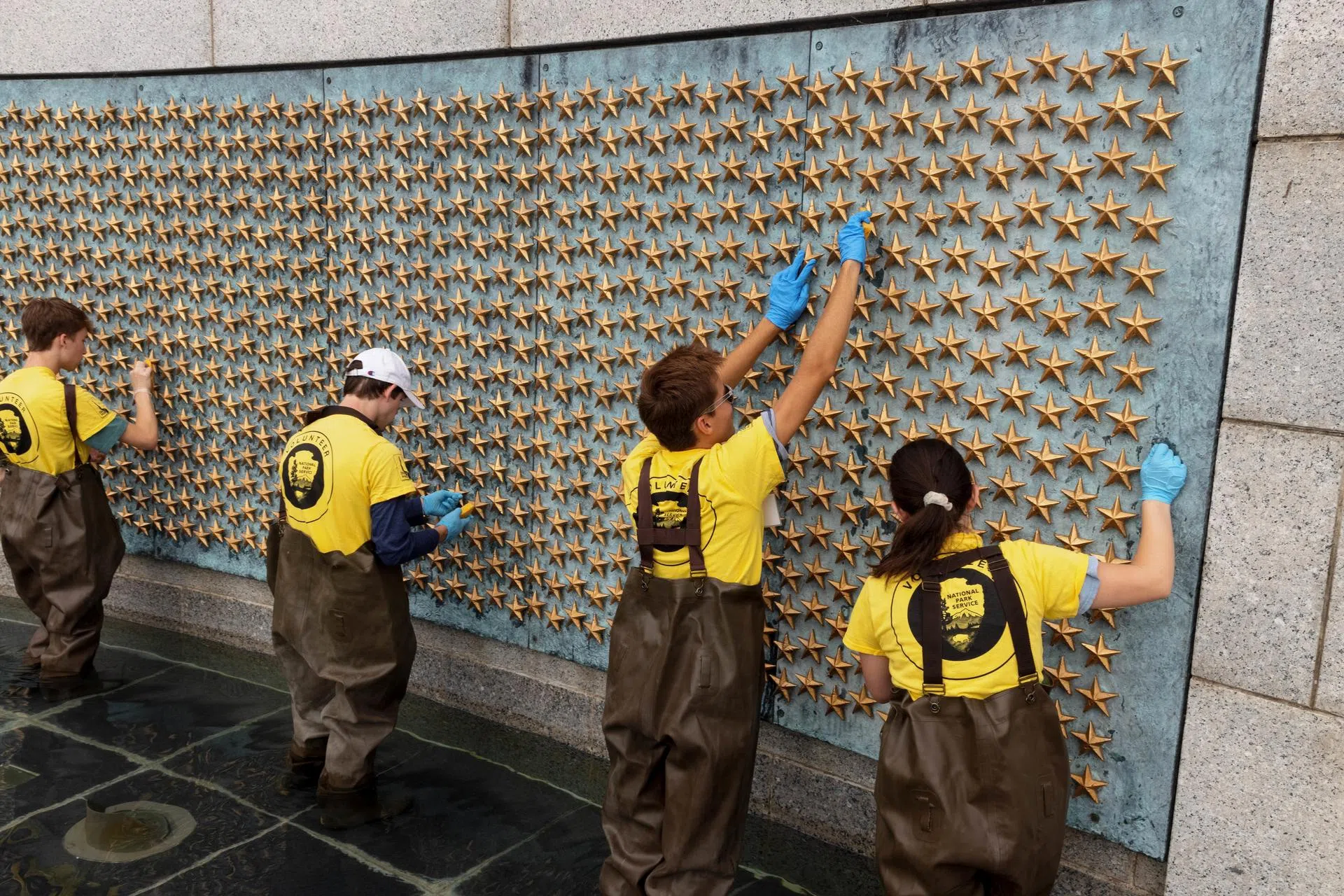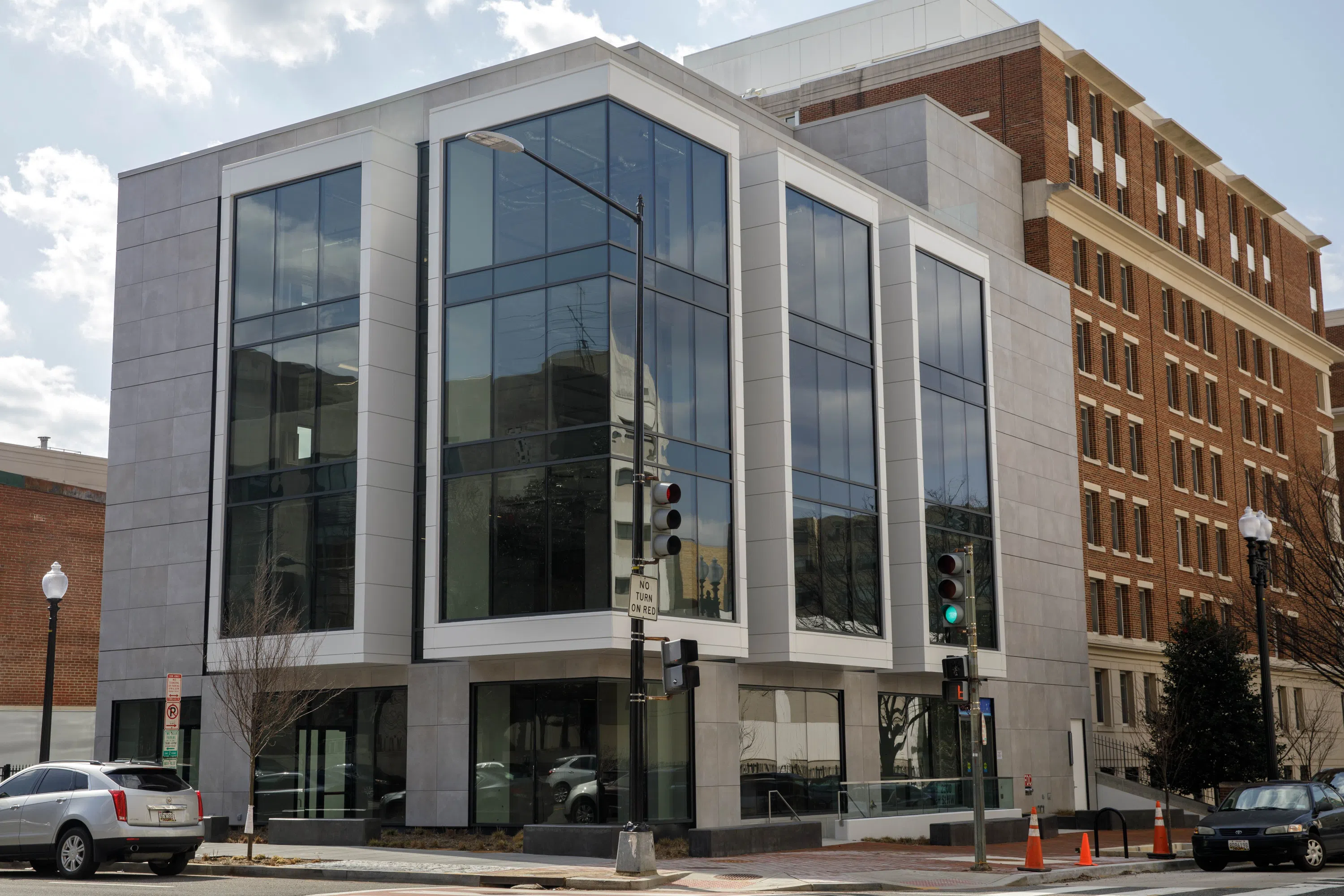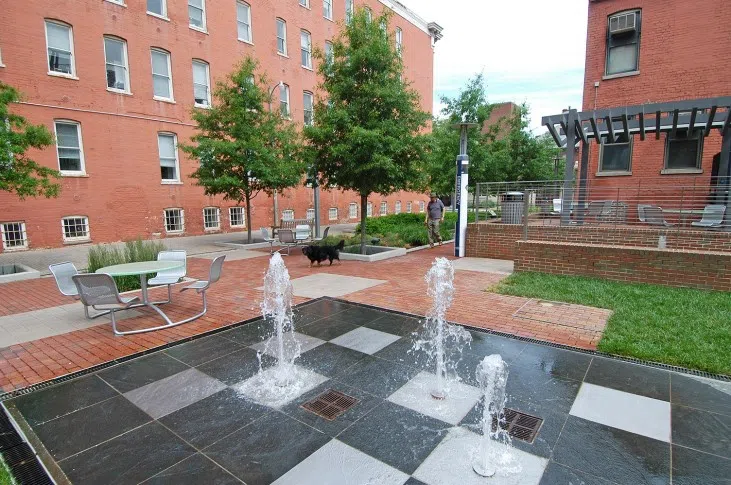Hillel at The George Washington University proudly serves more than 3,000 Jewish undergraduates and 1,500 Jewish graduate students of GW. Since its founding in the 1930s, GW Hillel remains one of the most active and rapidly growing Jewish campus communities in North America, offering a wide array of opportunities for Jewish students of all backgrounds and interests to plug into Jewish life at GW.
Hillel also has a Kosher dining option in the basement, welcomes days of service, hosts voting awareness events, and provides a top-floor terrace and communal spaces.
Media Gallery
Alternative Breaks
Honey W. Nashman Center for Civic Engagement and Public Service
Welcome Day of Service
Community Engaged Scholarship Courses
⭐ Alternative Breaks
Students can engage in community service-learning experiences for GW students during fall, winter, and spring break. This spring break, the organization went to Costa Rica!
👩🏽🏫 Honey W. Nashman Center for Civic Engagement and Public Service
The Honey W. Nashman Center for Civic Engagement and Public Service integrates civic engagement into George Washington University’s educational work. Through programs and service opportunities, the Nashman Center promotes equity and active citizenship in a diverse democracy, focuses GW’s resources to address community needs through reciprocal partnerships beyond the campus, and enhances teaching, learning, and scholarship at GW.
⭐ Welcome Day of Service
What better way to begin your time in the nation's capitol than to provide service to others! After convocation, the entire first-year class engages in service projects all around Washington, D.C. This year there were 2,420 student volunteers across 60 sites. Typical projects include painting and refreshing DC public schools, weeding and cleaning along the Potomac, and assisting local organizations with distributing food to senior citizens.
⭐ Community Engaged Scholarship Courses
In a typical year, GW offers approximately 80 courses through which students can engage in projects with local community organizations. Depending on their learning goals, student may engage directly with community members, do research and advocacy work, or participate in capacity-building projects with community-serving organizations.



